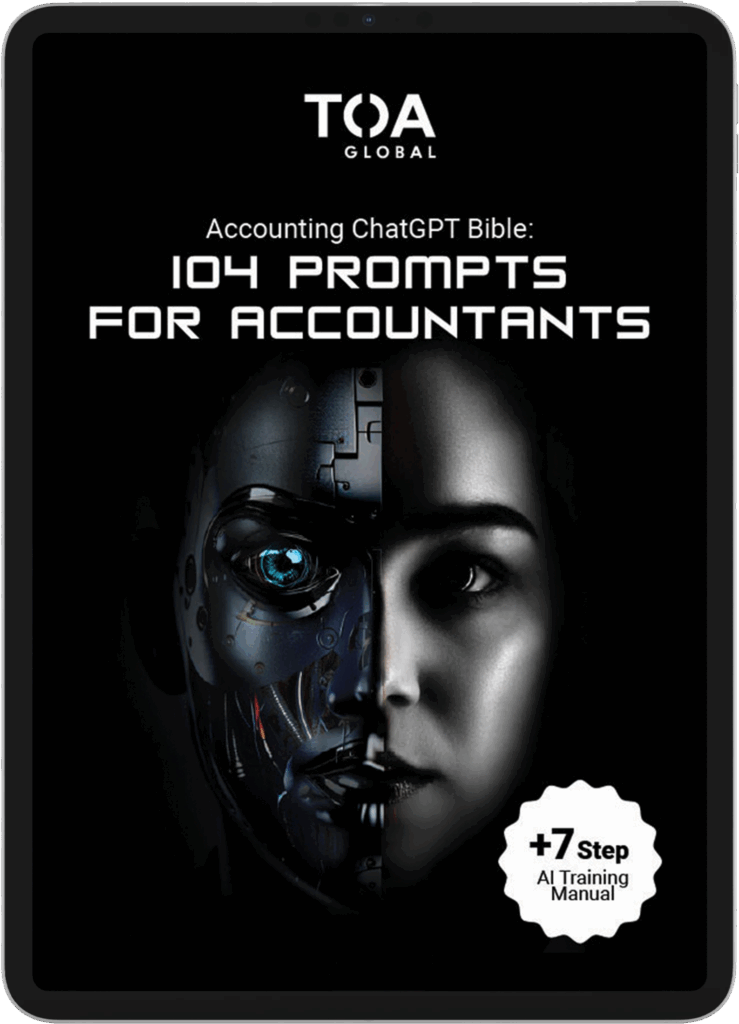In the accounting world, the role of a partner in an accounting firm holds significant prestige and responsibility and is the role most sought after by many professional accountants. They are revered for their leadership and mastery in untangling the complexities of financial intricacies.
If you’re an accounting professional or an aspiring partner, you might be wondering about the compensation that comes with reaching the pinnacle of a CPA’s career as a partner. Read on as we reveal everything about accounting partner salaries, the factors influencing them, and more.
Understanding the Role of a Partner
Before we talk numbers, it’s essential to understand the role of a partner in an accounting firm. Partners are senior-level professionals of the firm who rose through the ranks with their exceptional expertise, leadership, and business acumen. They oversee:
- Client accounts
- Manage teams
- Drive business development
- And uphold the firm’s reputation and standards
Equity Partners vs Non-Equity Partners
Elevating to being a firm partner changes the method of compensation. Typically, there are two types of partners: equity and salaried.
Equity partners specifically hold ownership (equity) in the firm. This means equity partners have a stake in the profits and losses of the firm, often making them more involved in the decision-making and potentially earning higher compensation than salaried partners.
Average Partner Salaries in the US
Equity Partner Compensation

Partner Compensation

Total Salary Range of Big 4 Partners

Factors Influencing Partner Compensation
Firm Size and Structure
Geographic Location
Like in real estate, location also plays a significant role in influencing compensation. Partners in major cities that serve more clients and have higher living costs generally command higher compensation packages.
According to accounting.com here are the best cities for accountants to work on:
- Detroit, Michigan
- Seattle, Washington
- San Francisco, California
- New York, New York
- Los Angeles, California
- San Jose, California
- Boston, Massachusetts
- Philadelphia, Pennsylvania
- Atlanta, Georgia
Industry Focus
Performance and Contribution
Experience and Expertise

Strategies for Negotiating Salary and Maximizing Partner Compensation
Know Your Worth
Let Your Accomplishments and Contributions Support You
Express Your Long-Term Value
Position yourself not merely as an employee seeking a paycheck but as a strategic partner invested in the firm’s long-term success.
By sharing your vision for the future and outlining plans for business development, talent retention, and firm growth, you can showcase your commitment to driving sustainable LTV for the firm and its stakeholders.
Approach Negotiations with a Holistic Perspective
Start Your Journey to Becoming an Accounting Firm Partner
If you’re looking for more information to jump-start your accounting career, head over to our resources pages to see the latest accounting news or guides.


















